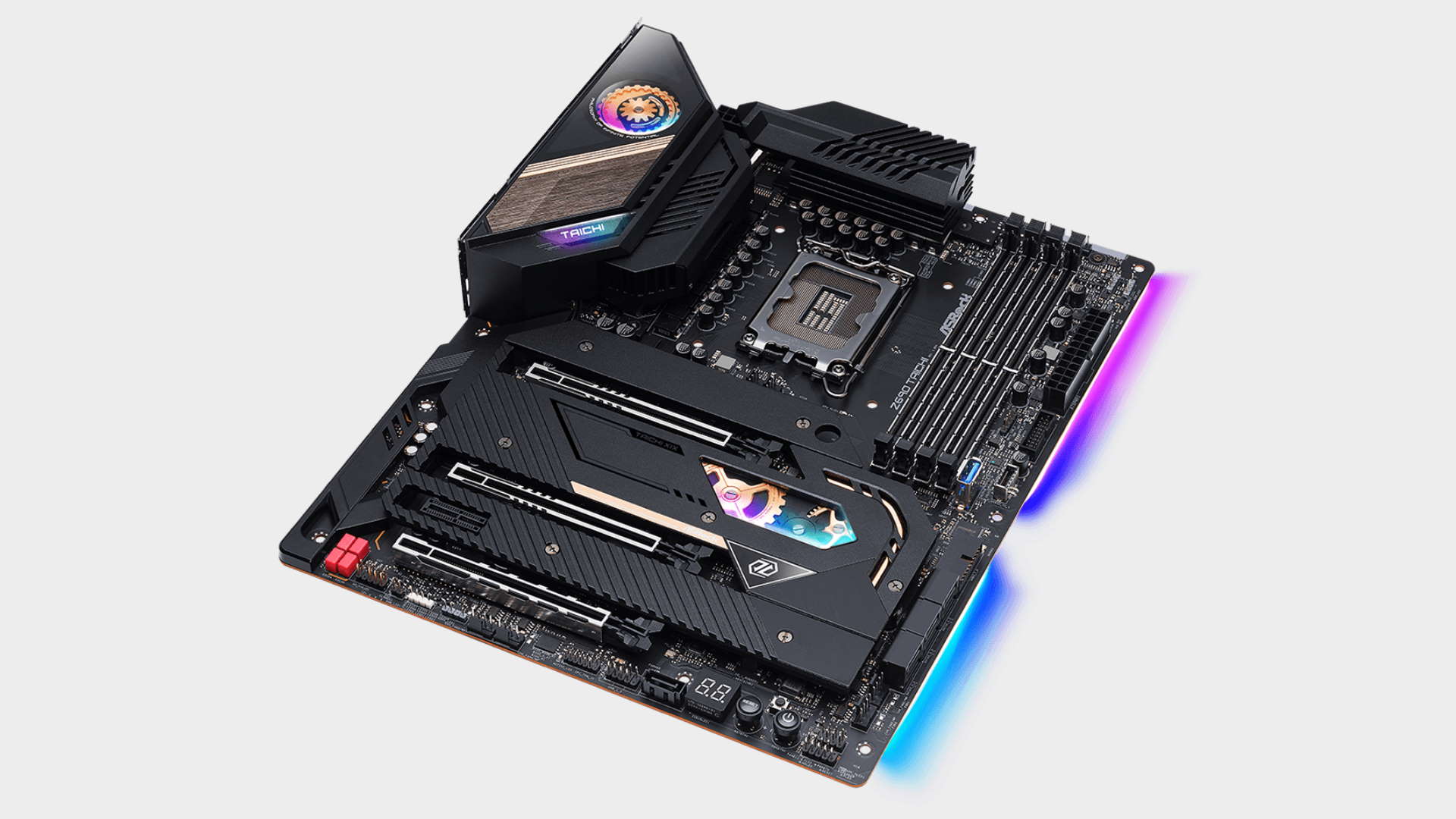ASRock's latest 600 and 700-series BIOS updates deliver an optional boost to your 14th Gen non-K CPU
Moar Powah.

Owners of non-K 14th Gen Intel processors have something interesting to look forward to. ASRock has released new BIOS' for its range of Z790 motherboards that allow you to get some 'free' performance. ASRock says it will roll out the update to its other LGA 1700 motherboards with 600 and 700-series chipsets in the near future.
The BIOS enables access to a setting called CEP, or Current Excursion Power. It allows locked 14th Gen processors to bypass current limits, therefore allowing them to reach and sustain higher core clocks.
ASRock claims this can result in as much as a 10% improvement in performance. It used the i7 14700 as an example, claiming a 10% performance uplift in Cinebench R23. Its impossible to say without testing, but my guess would be greater gains could be made with the i9 14900, which is even more power constrained relative to the i9 14900K.
The BIOS' incorporate the latest Intel microcode update. ASRock's press release stated it was the 'first' to roll out the update in advance of the Chinese New Year holidays. That means other manufacturers are likely to follow suit with their own updates shortly.
This isn't the first time we've seen some power tweaks to boost the performance of locked CPUs. ASRock itself previously enabled similar functionality on LGA 1200 motherboards with a feature it called 'Base Frequency Boost'. By enabling higher PL1 power limits, users of non-K CPUs were able to achieve much higher long-term base clock frequencies.

Best CPU for gaming: The top chips from Intel and AMD.
Best gaming motherboard: The right boards.
Best graphics card: Your perfect pixel-pusher awaits.
Best SSD for gaming: Get into the game ahead of the rest.
This 14th Gen feature looks like its more or less the same thing. Of course, you'll need to ensure your cooling is up to the job of handling the resulting higher TDPs, and you'll have to put up with an increase in system power consumption too.
If nothing else, it's a good way to get closer to the performance offered by a K series processor, at a cheaper price. At least that's the theory. At the time of writing, a quick check over at Newegg showed the i7 14700 and i9 14900 costing the same or more than their i7 14700K and i9 14900K counterparts!
Keep up to date with the most important stories and the best deals, as picked by the PC Gamer team.
We've reached out to ASRock for additional information and comment including whether 12th and 13th Gen models are supported too. We'll update here if or when it responds.

Chris' gaming experiences go back to the mid-nineties when he conned his parents into buying an 'educational PC' that was conveniently overpowered to play Doom and Tie Fighter. He developed a love of extreme overclocking that destroyed his savings despite the cheaper hardware on offer via his job at a PC store. To afford more LN2 he began moonlighting as a reviewer for VR-Zone before jumping the fence to work for MSI Australia. Since then, he's gone back to journalism, enthusiastically reviewing the latest and greatest components for PC & Tech Authority, PC Powerplay and currently Australian Personal Computer magazine and PC Gamer. Chris still puts far too many hours into Borderlands 3, always striving to become a more efficient killer.

